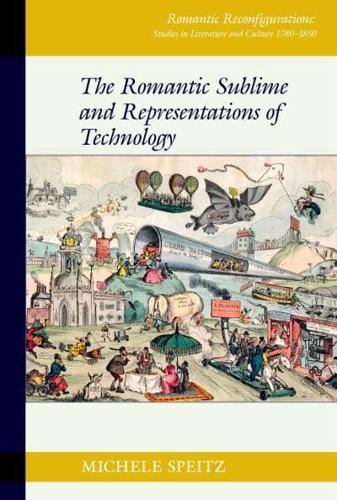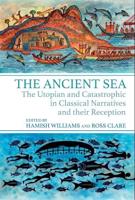Publisher's Synopsis
Ebook available to libraries exclusively as part of the JSTOR Path to Open initiative.
In this book Michele Speitz assembles the first full-length scholarly study of the British Romantic technological sublime, addressing a significant gap in scholarship on Romantic literature, technological aesthetics, and the history of science and technology. Speitz shows that it is through a study of technology, and by putting British Romanticism's representations of sublime nature and technology in dialogue, that the broader history and present-day implications of the British Romantic sublime can best be understood.
This innovative study foregrounds representations of Romantic machines and tools both aged and new: from the lever and the teacup to modern marvels including the steam engine and the seismograph. Surveyed as well are built environments and vast mechanical and infrastructural systems: mines, canal works, roadways, modern suspension bridges. By grouping together this set of ancient and novel inventions - sourced from accounts penned by Erasmus Darwin, John Keats, Anna Seward, Robert Southey, Mary Godwin Shelley, Percy Bysshe Shelley and more - Speitz demonstrates how a comparative study of these technologies relative to their aesthetic presentation and reception uncovers an overlooked iteration of the Romantic sublime, one that reveals fresh accounts of Romantic nature that have a bearing on twenty-first-century debates about the environment. The Romantic Sublime and Representations of Technology is essential reading for literary and aesthetic theorists, historians of science and technology, literary and art historians, and scholars of ecocriticism and literature and the environment.










